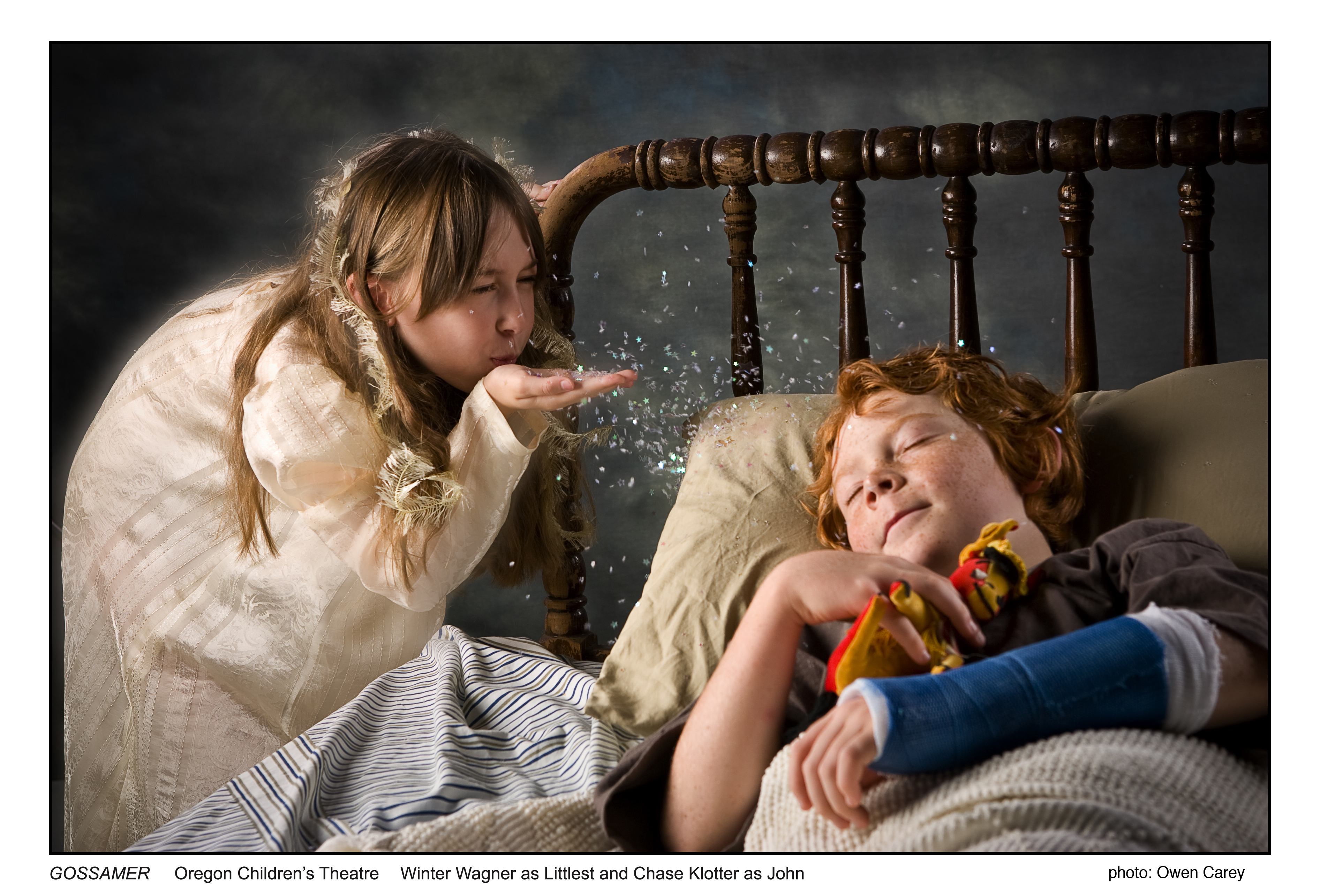They’re back: the annual Bulwer-Lytton Awards, the cream of the crop of bad writing.

Except in this case it’s deliberately bad writing, short parody passages in emulation of the florid style of Edward George Earle Lytton Bulwer-Lytton, 1st Baron Lytton, PC, the 19th century British playwright, novelist and politician immortalized for his creation of the line “It was a dark and stormy night.”
The annual Bulwer-Lytton Fiction Contest, first perpetrated in 1982 by English professor Scott Rice of San Jose State University, is a veritable treasure chest of purple prose, a perverse celebration of overstatement and strangely linked ideas.
Find the 2009 winners here, and weep for joy.
This year’s grand prize winner is David McKenzie of Federal Way, Wash., for this dark and stormy sentence:
“Folks say that if you listen real close at the height of the full moon, when the wind is blowin’ off Nantucket Sound from the nor’east and the dogs are howlin’ for no earthly reason, you can hear the awful screams of the Ellie May, a sturdy whaler Captained by John McTavish: for it was on just such a night when the rum was flowin’ and, Davey Jones be damned, big John brought his men on deck for the first of several screaming contests.”
Bulwer-Lytton was a man to be reckoned with. A quick cruise through the Web reveals that, while his style may be painfully out of fashion, he could turn a phrase. The great unwashed and pursuit of the almighty dollar are his, and in his 1839 play Richelieu he created the pen is mightier than the sword.
Take a look at that famous dark and stormy sentence in full, the opening of his 1830 novel Paul Clifford:
It was a dark and stormy night; the rain fell in torrents except at occasional intervals, when it was checked by a violent gust of wind which swept up the streets (for it is in London that our scene lies), rattling along the housetops, and fiercely agitating the scanty flame of the lamps that struggled against the darkness.
OK, the man didn’t know where to stop. But the thing about Bulwer-Lytton is that he knew how to stick a phrase in your mind so it stays. Madeleine l’Engle, Wikipedia reminds us, used “It was a dark and stormy night” to begin her wonderful, Newbery Medal-winning children’s adventure A Wrinkle in Time, which she wrote in 1962, a full 20 years before the Bulwer-Lytton Awards began. If it’s a good enough beginning for Meg and Calvin and Charles Wallace as they whisk through space and time, it’s good enough for us.
Still, when it comes to a good parody, what’s fairness got to do with it? Thank you, Lord Bulwer-Lytton, for providing the fodder. Let us close this chapter of the Art Scatter annals with these words from the winner of this year’s Bulwer-Lytton Vile Puns category, Greg Homer of Placerville, California:
Using her flint knife to gut the two amphibians, Kreega the Neanderthal woman created the first pair of open-toad sandals.
